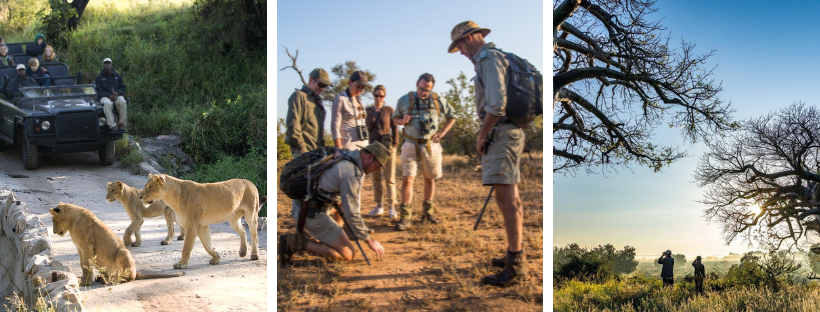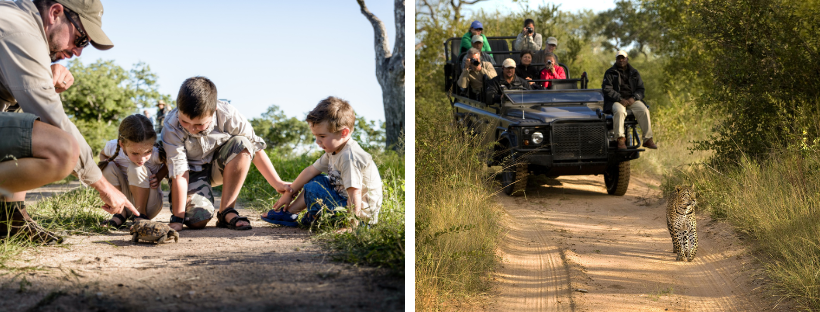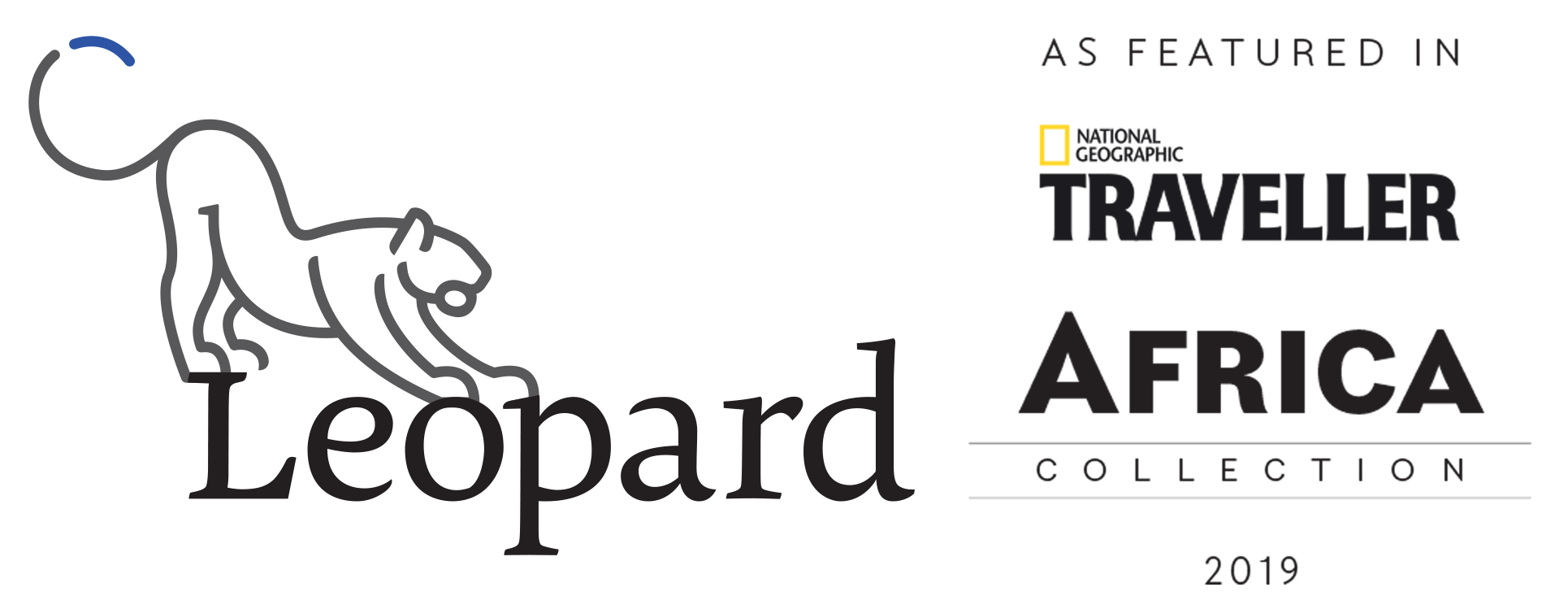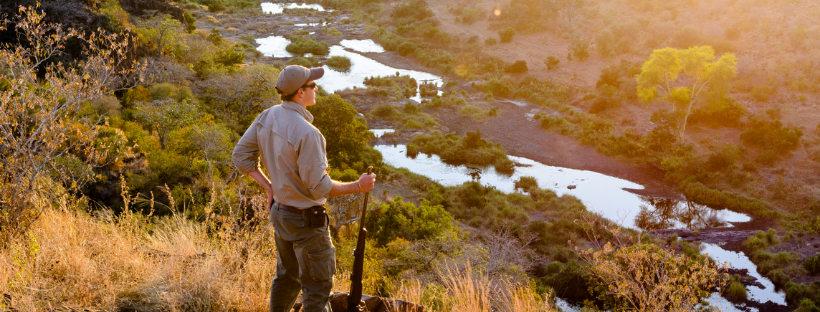Is an African Safari Dangerous?
You may have seen videos of an angry hippo chasing a boat full of tourists or an elephant charging at a safari vehicle. Could you find yourself in danger on an African safari and what can you do to avoid this?
While around 30 million tourists visit Africa each year and a large portion of those go on safari, deaths and injuries due to wild animal encounters are very low. Most incidents are caused by the reckless or ignorant behaviour of the visitor, such as approaching a pride of lions on foot (as incredible as that sounds, this has happened). Essentially, safaris are safe and enjoyable as long as you follow the rules designed to protect you.
How to keep safe on safari:
Make sure to stay at a reputable lodge or park with well-trained guides and obey the park rules as they’re designed to keep you safe. At Leopard, we only recommend reserves that have certified game rangers and have safe and ethical policies to protect both people and wildlife.
Staying safe on a guided game drive
Your guide will explain the specific rules pertaining to that park, but these include things like:
- Stay seated in an open safari vehicle.
- Don’t raise your voice.
- Keep your cell phone on silent.
- Only disembark when your guide gives you the go ahead. For example, when you stop for morning coffee, your guide will check the area first to make sure that it’s safe.
A reputable, well-trained ranger will be familiar with the area and its creatures and will understand when to retreat from an animal encounter before it becomes risky.

Staying safe on a walking safari
Walking safaris in a Big-Five game reserve are the most adventurous type of safari and allow you to immerse yourself in the bush, guided by an expert tracker.
Rules to keep you safe often include:
- Walk in a single file behind your armed tracker.
- Keep quiet so that the tracker can listen to the surrounding sounds (and so you don’t carelessly frighten away animals).
- Don’t make any sudden movements.
Thousands of people enjoy walking safaris each year without incident and come away with a sense of wonder and gratitude for having an experience of this kind in the wild.
Staying safe on a family safari
A few things to bear in mind when planning a family safari:
- Not all lodges allow children on game drives and some request you book a private vehicle at additional cost.
- Others cater specifically for kids and allow children over a certain age to join in on open-vehicle safari drives.
- If children are too young to go on a game drive, child-friendly lodges often provide fun and educational wildlife-related activities within the camp.
- Children under 16 are not usually allowed on walking safaris.

Staying safe on a self-drive safari
- Make sure to familiarise yourself with the reserve rules when using your own car or a hired vehicle. For example, staying inside your vehicle and not leaving the roads.
- It’s also important to note that South Africa’s National Parks are wilderness areas, rich in wildlife, and kept as natural as possible. You won’t find petrol (gas) stations between camps, so make sure you have enough fuel to complete your journey.
- Check the gate and rest camp closing times before leaving, these change with the seasons. Allow yourself sufficient time to return to the camp without having to speed.
- If you are driving to Kruger National Park, avoid the Numbi entrance gate, which has been the scene of recent criminal activity.
- Don’t feed or try to touch any wild animal. Be wary of baboons and monkeys, especially around Cape Point and at picnic sites in the Kruger National Park.
At Leopard we do our utmost to provide our clients with a seamless and carefree travel experience so that you can enjoy the best of Africa without concern for your safety or that of your family.
As resident South Africans who’ve travelled the continent extensively, we’ll help you make informed decisions when holidaying in Africa, whether it’s a romantic trip, a family holiday or a solo vacation.
Happy travelling,
The Leopard Team
P.S. Please let us know if there are any places you’d like us to cover in future newsletters, or questions you have about travelling in Africa.
Sign up for more newsletters like this here: https://mailchi.mp/2e4afa50d15f/leopard


